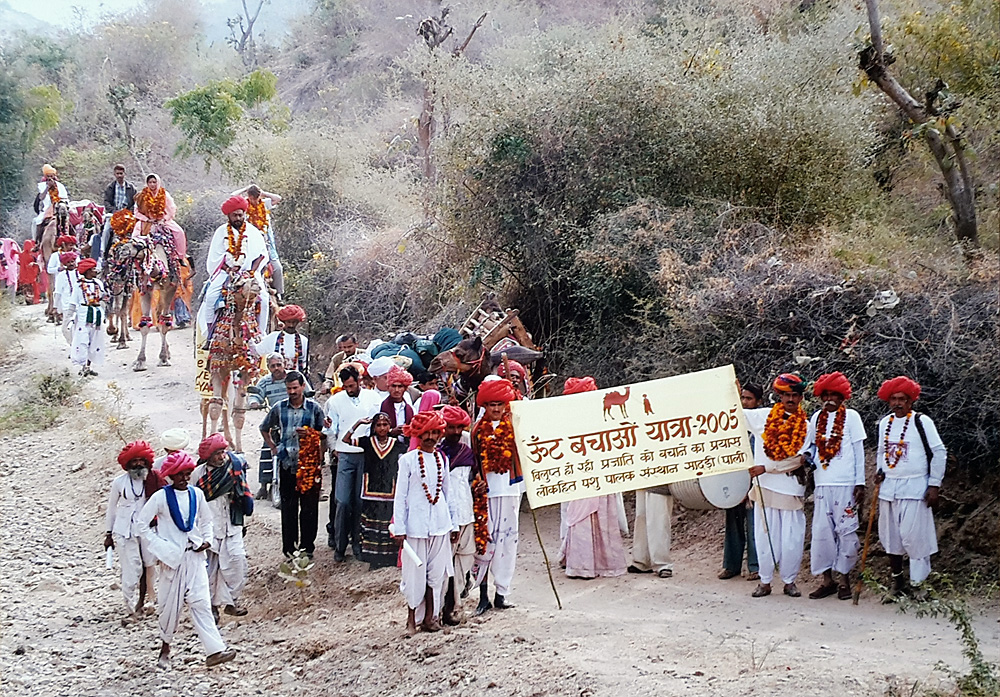In the last several years, pastoralists have been able to gradually carve out a niche for themselves in international policy processes and are now recognized as a separate stakeholder group in various fora seeking to address livestock sector sustainability, such as GAA/GASL (Global Agenda for Sustainable Livestock), LEAP (Livestock Environmental Assessment and Performance Partnership), and others.
In 2015, the FAO established the Pastoralist Knowledge Hub to spread information to both pastoralists and non-pastoralists about the benefits of pastoralism. There has also been progress in the official attitude towards pastoralism, partly because it fits well with current trends in development topics (such as “resilience” and “adaptation to climate change”), but also because its role in food security has been highlighted in a number of prominent publications. Policy makers are (hopefully) beginning to re-evaluate their anti-pastoralist stance and appreciate its economic contribution, as well as its ecological significance. Other strands of development also create hope for pastoralists: The livestock efficiency paradigm is beginning to crumble (although it is still held up with force by the “stakeholders” – industries and scientists – that benefit from it).
Scientific evidence is accumulating to show that switch to higher performing breeds brings no benefits in terms of climate gas emissions. FAO’s own studies recently confirmed that backyard poultry and pig systems have less Greenhouse Gas Emissions per kg of egg or meat produced than industrial systems which is a reversal of earlier beliefs but has not been given much attention. At the World Climate Summit in Paris, the contribution of agriculture to greenhouse gas emissions was highlighted and looked into for the first time. This topic is inching into the mainstream and can be expected to reveal and draw attention to how pastoralists produce food WITH nature by making best possible use of native adapted vegetation, rather than trying to replace it with crops as farmers do. Biocultural Community Protocols (BCPs) are the ideal tool for making this amazing role of pastoralism visible.
A current emphasis of the work of LPP is therefore to “mainstream” BCPs as a tool for pastoralist and other livestock keeping communities to document their role in both biodiversity conservation and food production and thereby convince policy makers of their importance. We seek to refine the methodology for BCPs, to establish standards, and to build the capacity of more communities to develop BCPs. In addition, an institutional framework to monitor the genuineness of BCPs and further advocacy for their recognition are required. This is the work that LPP regards of utmost importance in order to prevent pastoralist cultures from further disintegration.

First Liga meeting, June 1993

A major advocacy event in the history of LPPS was the Camel Yatra in 2005 that covered 800 km through Rajasthan to draw attention to the rapid decline of the camel population.
